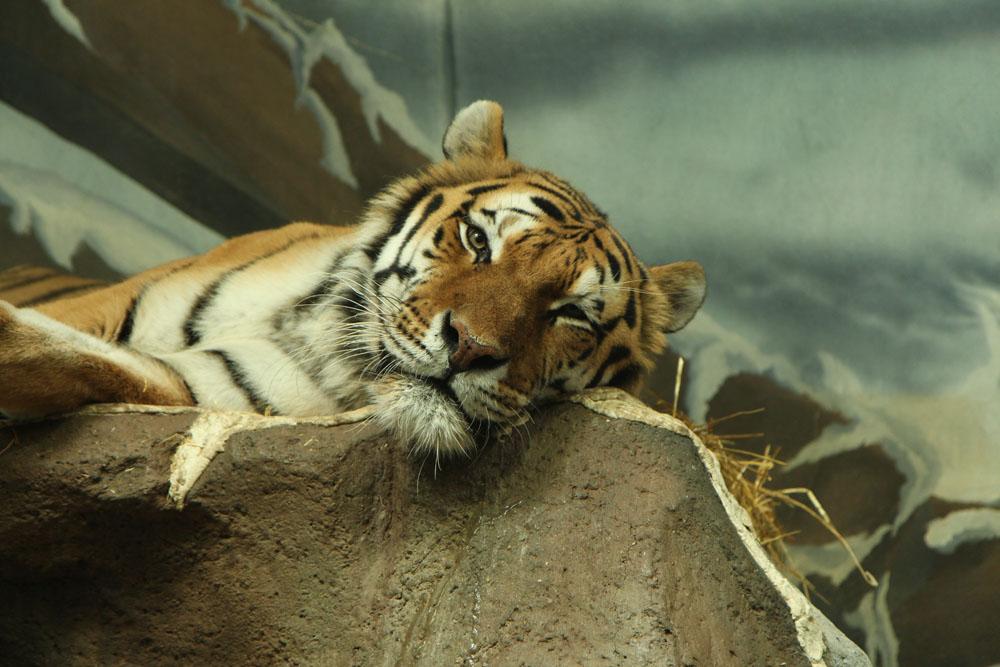Destroying biodiversity
June 10, 2016
In reality, people actually use high school math, in situations like these: Just in the student parking lot on May 24, 125 cars sat. Let’s just say that each of these cars gets an average 20 miles per gallon and each car drives 5 miles from home to the school. That means one way to school, students are putting 562.5 pounds of carbon dioxide into the atmosphere according to calculations done by BlueSkyModel, a classroom program to bring accurate scales for pollution to education. These contribute to the destruction of the atmosphere and an unstable ecosystem.
From inchworms to elephants, the world possesses a diverse population of animals and plants. Biodiversity is the variety of life in the world or a particular habitat. Non-natural environmental changes, such as pollution and CO2 emissions, can cause huge problems in the ecosystem and the destruction of the environment.
Biodiversity gives the Earth more than one kind of each species of animals and plants. Humans could be destroying biodiversity quickly, and if continued, it could destroy diversity all together.
The ecosystem, according to World Wide Fund for Nature, is worth $33 trillion dollars. That means that the Ecosystem, is one of the most expensive objects in the world.
“The human race is affecting biodiversity in both good and bad ways,” wildlife biology teacher Jeff Trapp said. “Humans need to approach biodiversity with a sustainable mindset. An example would be fishing quotas to help sustain the fish populations. However, currently we over fish many areas of our oceans and we are depleting this resource.”
Trapp also thinks we often can have a negative impact on biodiversity by doing small things, such as eating chocolate or drinking coffee. The areas where farmers grow coffee disrupts native habitats, specifically rainforests, thus reducing biodiversity. The same can be said about chocolate.
Plants are also in danger with the way humans use resources. Plants, part of a natural diet, can come at a big cost.
The Food and Agriculture Organization of United Nations reports that the lack of conservation and the overuse of these plants poses a severe threat to the world’s food security in the long term.
This means that if the human population keeps killing off the diversity of the ecosystem, the end of the planet would eventually result.
“I think humans are destroying biodiversity without completely realizing it,” junior Hana Allen said. “We could not emit as many CO2 emissions into the atmosphere by becoming more fuel efficient which could help with climate change.”
Biodiversity provides the earth with the plants and animals that walk here. Destroying the ecosystem, a system that is important to human survival, will kill off many crops and species that humans depends on.
“Biodiversity is Earth’s greatest natural resource,” Trapp said. “It provides food and medicines, ecological benefits such as recycling nutrients, energy conversion or water purification, as well as aesthetic and cultural benefits. We should focus more on protecting an entire ecosystem and not just a single species.”

